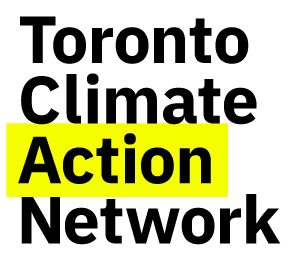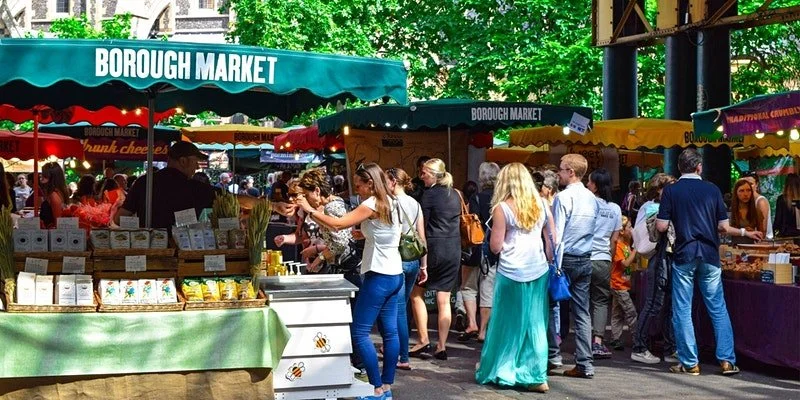From forest fires destroying entire communities in British Columbia, to powerful storms ripping through cities in Ontario, we’re experiencing environmental disasters made worse by climate change. In addition to mitigating the climate crisis, we also need to work on the preparedness and adaptation strategies, to increase the resiliency of local communities to prepare for, respond to, and recover from environmental disasters.
Design offers a set of tools and approaches that can be useful in understanding how to work with community members, organizations, businesses, and policy makers to co-create, implement programs, and achieve the intended outcomes for climate emergencies preparedness. Design uses human-centred approaches to gather insights around human behaviours, how to work with diverse stakeholders, and how to navigate complexities.
Understanding human behaviours helps us to create engaging programs that lead to better outcomes, whether it’s to reduce food waste, increase take-up on green initiatives, and minimize barriers to circular initiatives.
In this 2-hour interactive workshop, we will go through the following:
A quick introduction of human-centred design: what it is, why it's important, and how it is used to create more effective programs, services, and products around people's values, aspirations, barriers, and needs.
A framework for resilient communities and cities.
User segmentation: how to use stories to find groups of people with similar needs, barriers, and aspiration.
Using food waste as an example of how to do user segmentation.
Generating ideas based on user segmentation.
Spending time to reflect on how this might be applied in your own context.
Because it's interactive and require exercises and story sharing, no recording will be provided after the event.
For the best experience, please join the workshop using your laptop (instead of your mobile phone) and turn your video on.
Who is the workshop for?
The content is curated to be as relevant as possible to folks working in environmental organizations who run programs and services for community members. If you're curious about human-centred design and how it applies to climate issues, this is for you too!
Any resources shared?
Yes, there will be plenty! After the workshop, I will send you a downloadable resource package for you to dive deeper into the topic.
Hi, my name is Muryani Kasdani. I’m passionate about enabling resilient communities and a thriving planet. I started Regenerative Space to help social and environmental organizations to co-create effective solutions to build a just, resilient, and equitable communities and a thriving planet.
I co-founded and led several social impact ventures, such as InWithForward, and trained hundreds of designers, researchers, civil servants and social service staff in service design and social innovation methods. One of the social ventures I built, Kudoz, won two design awards in Vancouver in 2017 for its impact in creating novel learning experiences for people living with disabilities and became a finalist at the Global Service Design Awards in 2016. It was also featured as one of the most disruptive social innovations in numerous publications, including Ann Mei Chang’s Lean Impact.
The privilege I have to work with diverse community members has given me extensive experience in applying an anti-racist, trauma-informed lens to design and innovation. I work on complex issues such as homelessness, youth mental health, social isolation, and local community currency.
I also enjoy spending time in nature, and in the garden growing food using Permaculture principles. I respectfully acknowledge that I live, work and play on the land called Tkaronto or Toronto, the traditional territory of the Wendat, Petun First Nations, the Seneca, and most recently, the Mississaugas of the Credit River. The peoples and the land were subject to the Dish with One Spoon Covenant, an agreement to peaceably share and care for the land and its resources.

